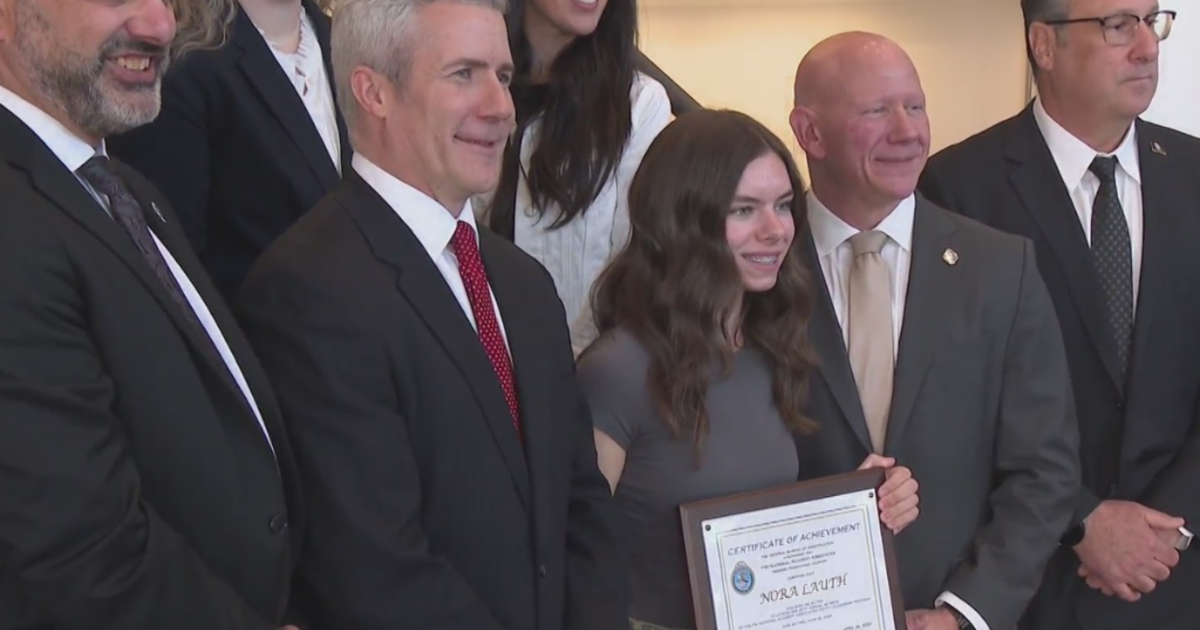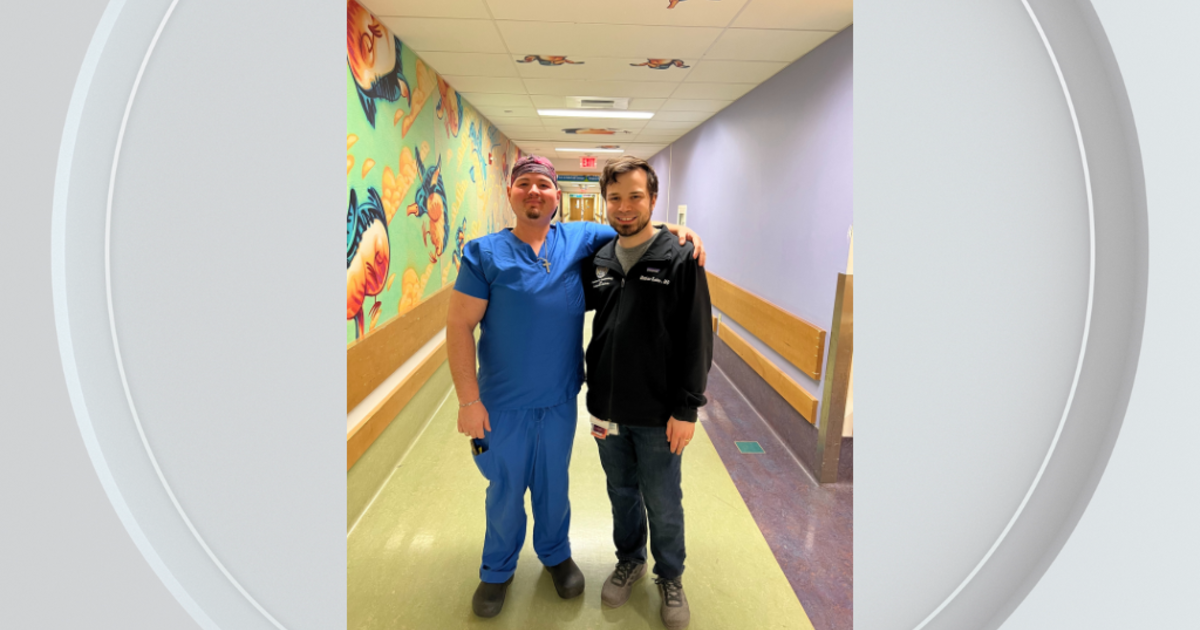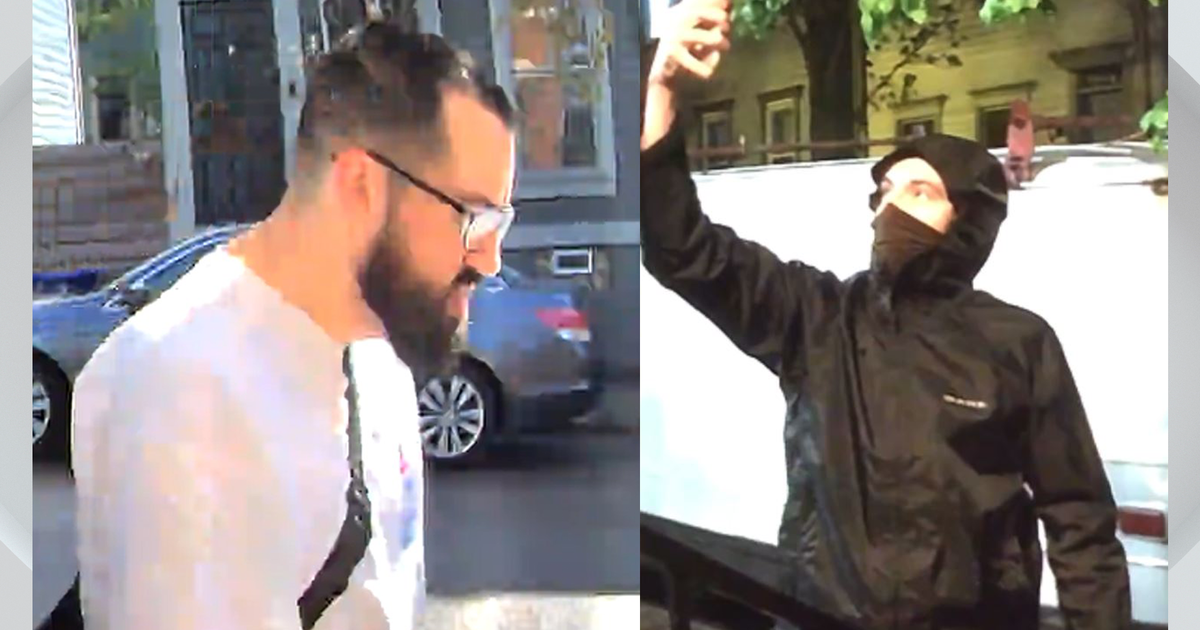Clinical Trial Looking To Improve Lives Of People With 'Chemo Brain'
PITTSBURGH (KDKA) -- There's a clinical trial that is less than a year old, but it's making a huge difference in the quality of life for breast cancer survivors.
Valorie Checque, a patient of Dr. Robert Ferguson's, who works at UPMC Hillman Cancer Center, talked weekly by phone yet never met in person. That's because Valorie was part of a new telehealth and memory study, where everything was done at home. The study was a clinical trial for breast cancer survivors.
For many, the fight after beating breast cancer doesn't stop. Some experience what is called "Chemo Brain," where simple tasks can sometimes feel impossible to complete. "I was forgetting things, I was forgetting things that just immediately happened," said Valorie Checque, breast cancer survivor and part of study.
Dr. Ferguson says these memory problems can last for years, well after cancer therapy has ended.
"So, remembering words, what somebody said, or what you might've read," said Dr. Robert Ferguson, Cognitive Behavioral Therapy at UPMC Hill Cancer Center. "I've worked with people who have been fired from their jobs, not really understanding what was going on and why their performance was declining," said Ferguson.
So, he discovered a non-drug approach to help these patients. Eight weekly visits, by phone or computer, 45 minutes long.
"Memory and attention adaptation training. That's a big mouthful so clinical psychologists like acronyms. We call it MAAT," said Ferguson.
Think of it as "exercising the brain."
"Self-instruction, and actually talking to yourself through tasks. Using vocalization to complete steps such as in cooking." He says stress is a huge reason why these patients may experience a lapse in memory, and that's something study participant Valorie is familiar with and worked on.
"Making things not such a catastrophe. You can't think of the next word, ok, say I can't think of what I was going to say, can you help me with this word," said Checque.
After KDKA spoke to Valorie, she sat down with Dr. Ferguson to discuss how her life's been since the trial. This is not part of the treatment, as all of it is typically done through a computer. But once Valorie completed everything, she found what she learned she still applies to her life today-- like making a list for our interview.
"I did write myself a little list, I didn't want to forget the points and the things I do regularly." Valorie says she feels blessed her physical and now mental well-being is stronger, perhaps even before the cancer diagnosis. It has provided her a sense of relief and optimism for a future she's more than looking forward to.



